Introduction to Peacekeeping
In grappling with the complex beast that is human conflict, an instrument as nuanced and multifaceted as the problems it seeks to solve becomes necessary. Enter peacekeeping, a term that's woven into the fabric of international relations, yet often misunderstood in its depth and breadth. By definition, peacekeeping refers to the deployment of international forces to troubled regions with a mandate to prevent further escalation of conflict, protect civilians, and ensure humanitarian aid reaches its intended recipients. But the reality is much more intricate. Peacekeepers serve as mediators, protectors, and, at times, implementers of post-conflict rehabilitation plans.
Historical Overview of Peacekeeping Missions
Looking back, the landscape of peacekeeping has evolved significantly since its inception. One of the earliest examples was the United Nations Emergency Force deployed during the Suez Crisis in 1956, a pioneer that set the stage for future operations. Since then, over 70 operations have been launched worldwide, each with its unique challenges and outcomes. While some missions, like those in Liberia and Sierra Leone, have been heralded for their contributions to long-term stability, others, such as the mission in Rwanda, remind us of the devastating consequences of failure.
Strategies and Tactics in Conflict Management
At the heart of peacekeeping lies a myriad of strategies, each tailored to the specific context of the conflict. Negotiation and diplomacy often serve as the first line of defense, aiming to bring conflicting parties to the table before violence escalates. Military intervention, while more controversial, is sometimes necessary to protect civilians or enforce peace agreements. The success of these tactics largely depends on the commitment of the international community, the consistency of political support, and the integrity of the peacekeepers themselves.
Challenges and Controversies in Peacekeeping
The road to peace is fraught with obstacles. One of the most pressing challenges facing peacekeepers today is the issue of impartiality. With multiple stakeholders often involved in conflicts, maintaining neutrality while fostering trust among local populations is a delicate balance. Additionally, the operational challenges of coordinating multinational forces, dealing with limited resources, and navigating complex political landscapes cannot be understated. These issues raise important questions about the future of peacekeeping and how it must adapt to remain effective.
Case Studies: Lessons Learned from Past Missions
To truly grasp the nuances of peacekeeping, it's instructive to examine specific case studies. The intervention in Kosovo in the late 1990s, for instance, showcases the importance of timely international response and the role of NATO forces in stabilizing the region. Conversely, the tragedy of Rwanda in 1994 highlights the consequences of inaction and the critical need for early warning systems and rapid deployment capabilities. These case studies not only provide valuable lessons but also inspire future strategies aimed at preventing similar failures.
Path Forward: Envisioning the Future of Peacekeeping
Looking ahead, the future of peacekeeping hinges on our ability to learn from the past while innovating for the challenges ahead. This involves embracing new technologies, improving coordination among international actors, and strengthening the legal frameworks that underpin peacekeeping missions. Perhaps most importantly, it requires a renewed commitment to the principles of international cooperation and solidarity. By working together, the international community can pave the way toward more effective and humane conflict resolution methods, ensuring that peacekeeping remains a beacon of hope in a tumultuous world.
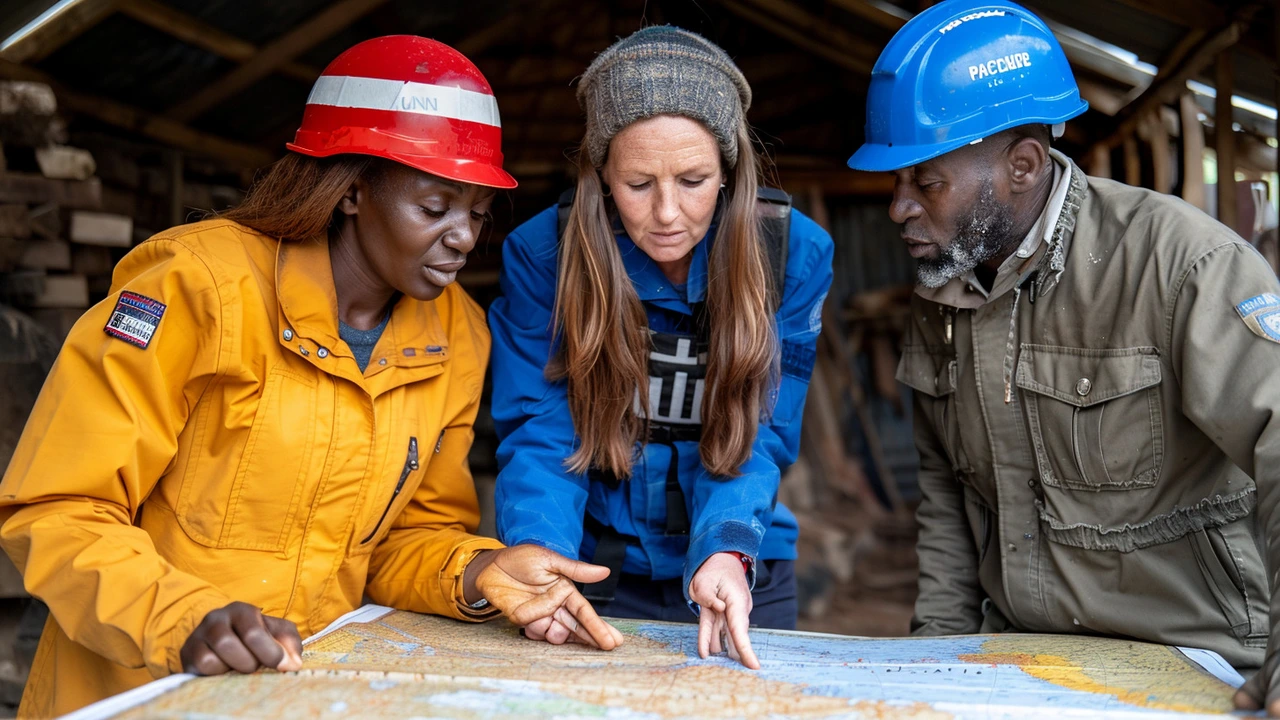

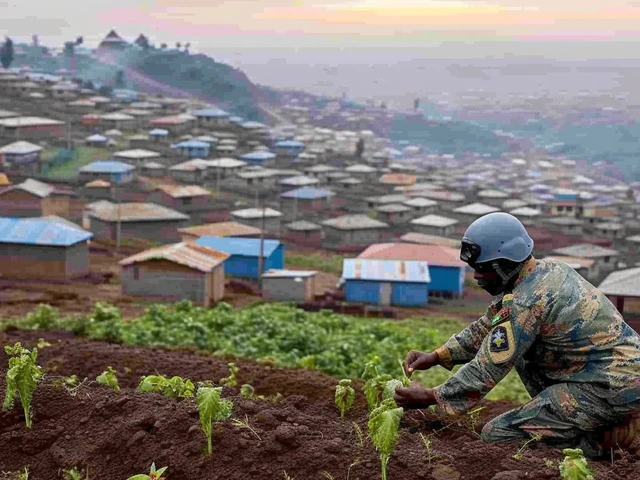
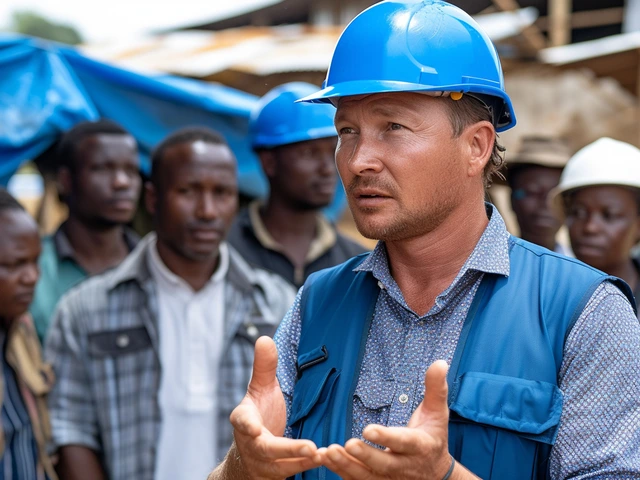
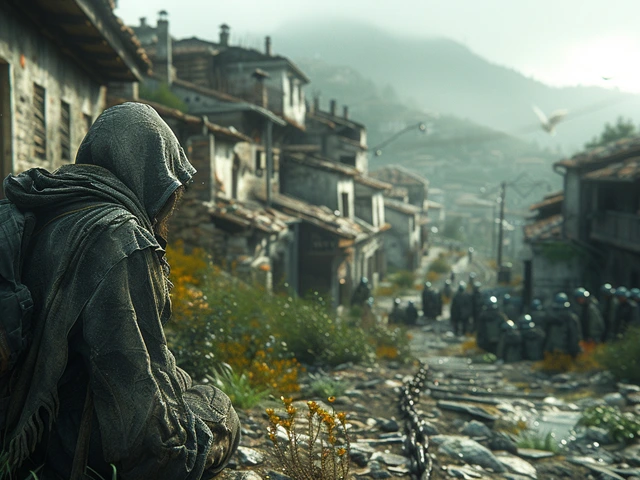
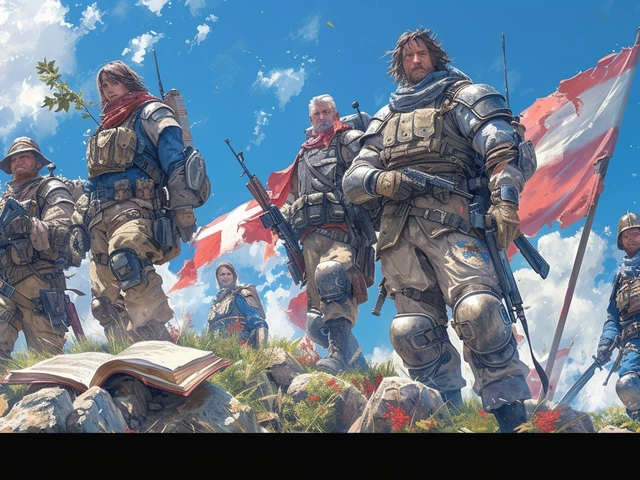


Write a comment